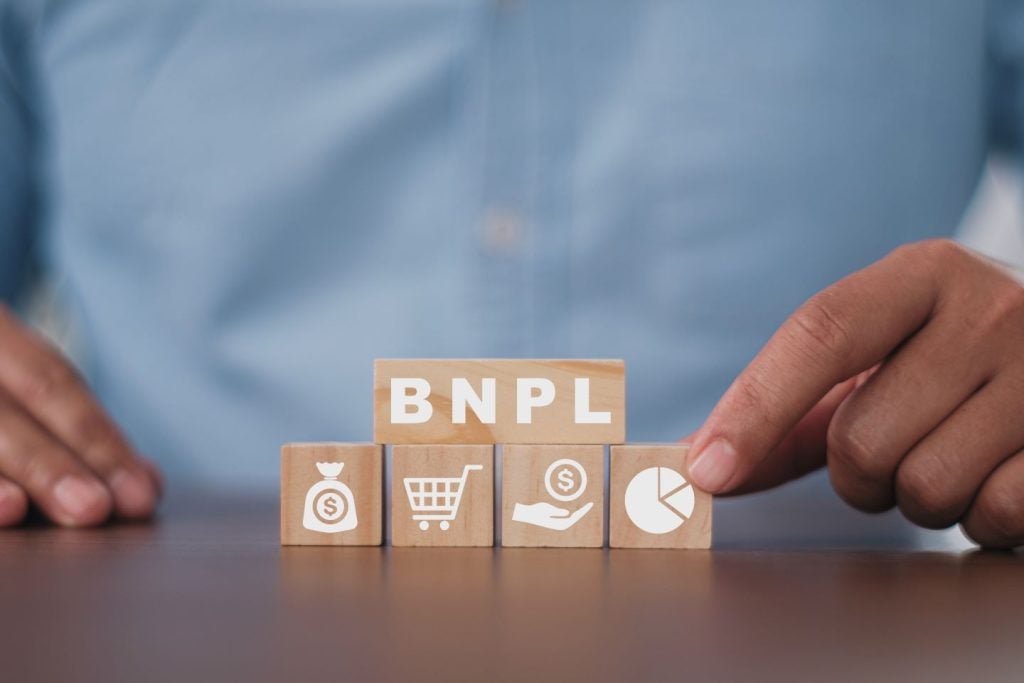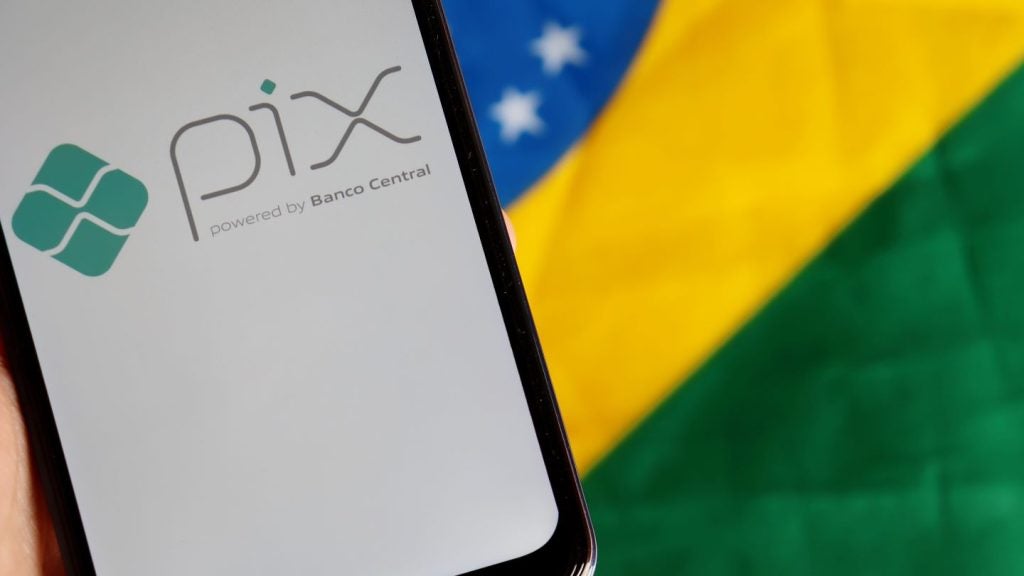Having overcome attacks on its
non-bank business model, Kenyan mobile phone payments service
M-Pesa continues to forge ahead at an impressive pace. With its
long-delayed UK-Kenya remittance now in place, M-Pesa appears set
to achieve more significant user and transaction growth in
2010.
Despite harsh criticism levelled at
its non-bank business model, Kenyan mobile phone-based money
transfer service M-Pesa continued to go from strength to strength
in 2009, ending the year with some 8 million users, or about 21
percent of the country’s population.
A joint venture between UK mobile network
operator (MNO) Vodafone and Kenyan MNO Safaricom, M-Pesa appears
set to build on its success in 2010 thanks to a number of
innovative service enhancements. The latest of these follows an
agreement with Kenya’s ATM and electronic POS network operator
Kenswitch to allow bank customers to send money to M-Pesa accounts
by means of an ATM transaction.
Family Bank has become the first Kenyan bank
to announce its participation in the new service, Chapaa Chap Chap
(CCC), which comes at a KES0.50 ($0.01) fee over and above the
normal M-Pesa fee. Kenswitch, which is owned by a consortium of
Kenyan banks, provides switching services for some 650 ATMs.
A significant enhancement brought about by the
CCC service will be consumer convenience, in that it eliminates the
need for bank customers to withdraw cash at an ATM and then seek an
M-Pesa agent to make a deposit into their M-Pesa account before
undertaking a transfer. The CCC service also enables bank customers
who are not M-Pesa account holders to undertake transfers to M-Pesa
accounts.
How well do you really know your competitors?
Access the most comprehensive Company Profiles on the market, powered by GlobalData. Save hours of research. Gain competitive edge.

Thank you!
Your download email will arrive shortly
Not ready to buy yet? Download a free sample
We are confident about the unique quality of our Company Profiles. However, we want you to make the most beneficial decision for your business, so we offer a free sample that you can download by submitting the below form
By GlobalDataThis CCC service also overcomes one of the
problems faced by M-Pesa – cash float constraints experienced by
some of its 13,300 agents in Kenya, especially in rural areas where
consumers more frequently make cash withdrawals than cash deposits.
According to Safaricom, M-Pesa’s monthly person-to-person
transactions volumes in September 2009 totalled $302 million, up
from $183 million in January 2009, while by the end of September
2009 transactions totalling $3.4 billion had been processed since
the service’s launch in 2007.

Opening the remittance
door
The CCC service follows another
significant breakthrough made by M-Pesa in October 2009, when it
launched a mobile phone remittance service between the UK and
Kenya. First mooted in March 2008, the launch was delayed by
regulatory hurdles which were resolved following negotiations –
including those relating to foreign exchange issues between the
Bank of England and the Central Bank of Kenya.
The M-Pesa remittance service functions on the
same short message service (SMS) platform used domestically in
Kenya, providing an almost real-time service. Recipients of a cash
transfer receive an SMS notifying them of the transaction details,
including receipt number, the amount in Kenyan shillings, the
account balance, the time the transfer was sent and the sender’s
name and location. The sender is also sent a confirmation SMS.
M-Pesa account holders can then withdraw the cash at a M-Pesa agent
or use it to make other payments. Remittance recipients who are not
registered for M-Pesa and who are sent money via Western Union, one
of M-Pesa’s three partners in the UK, may collect their money from
a Western Union agent and are also are invited to register for
M-Pesa within 21 days to receive their remittance direct to their
M-Pesa account.
M-Pesa’s other partners in the UK are Kenya’s
television service KenTV, which has established five M-Pesa agent
branches in the UK, and Provident Capital Transfers, which was
established to undertake M-Pesa transactions.
Competitive fees
The maximum amount that a sender in
the UK can send per M-Pesa remittance is £250 ($400) while the
monthly maximum is £1,000. Fees charged by Western Union for M-Pesa
remittances are £4.90 up to £100 and £6.90 for amounts between £101
and £200. Provident Capital and KenTV have lower rates of £4 on
amounts up to £150 and £6 on amounts between £151 and £250.
According to Safaricom, these fees are
competitive for amounts of up to £250. This is supported by data
from remittance cost comparison website SendMoneyHome which, for
example, shows the fee charged by Barclays Bank for remitting £250
from the UK to Kenya at £25 with an expected transfer period of
between one and eight days. HSBC charges £17 for a £250 transfer
with a transfer period of from one to four days.
For Safaricom and Vodafone the UK-Kenya
remittance corridor represents a potentially significant market,
with the Central Bank of Kenya reporting remittances from abroad to
Kenya of $611 million in 2008, up from $573 million in 2007.
Inbound remittances in the first 10 months of 2009 totalled $505
million.
Indicative of the uptake of the UK-Kenya
remittance service, UK newspaper The Guardian reported that in the
first two weeks of its operation, more than 10,000 user accounts
were set up and more than $100,000 transferred.
Safaricom and Vodafone have indicated that
once the UK-Kenya service has bedded down similar services likely
to be launched from other countries, including neighbouring
countries in East Africa.







